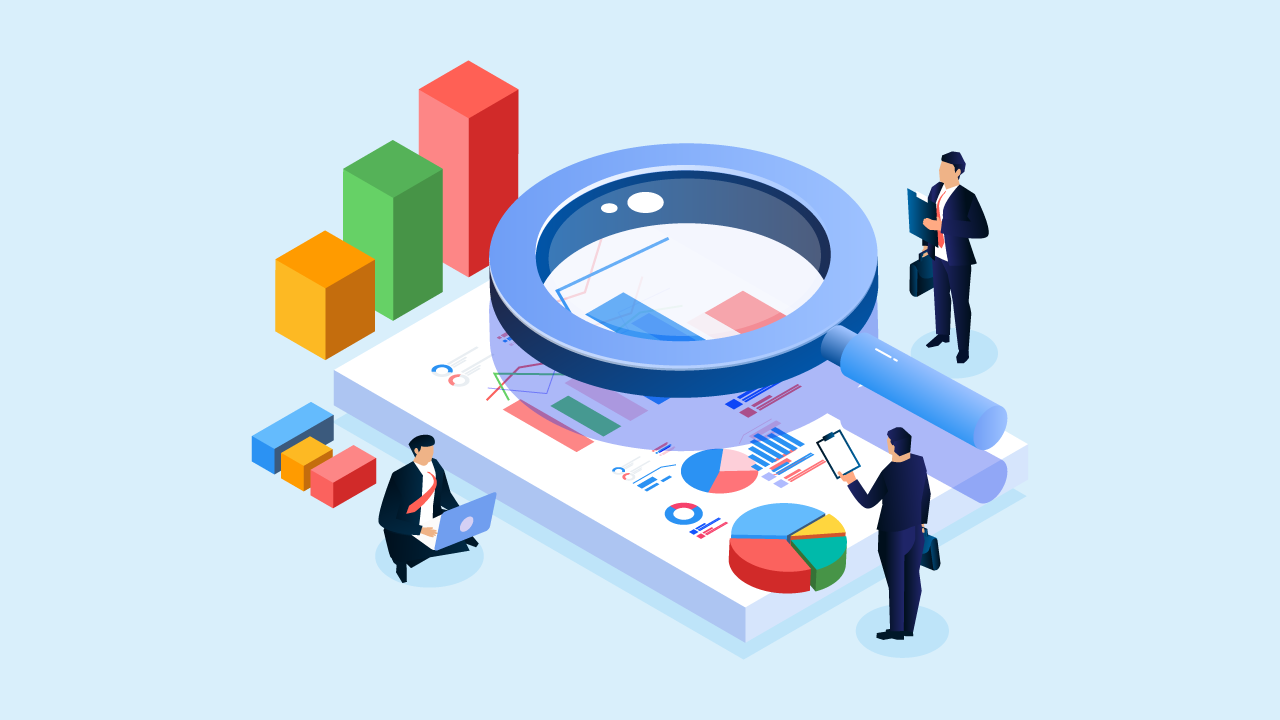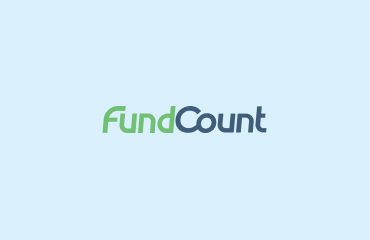Can you easily manage the investments and documents of your family office? Technology has made significant strides in the past few years, making data management clearer for investors, fund managers, custodians, and other investment professionals.
As the intricacy of investment types continues to grow, such as the rise of digital assets and hedging against uncertain positions, managers are turning toward investor portals. An investor portal allows investment professionals to streamline their portfolios, reducing the need for combining dozens of manual spreadsheets.
All investor portals aren’t built the same, making it important to understand the key features you should be looking for.
Quick Processing Speeds
The first feature you should analyze is the processing speed. Investment decisions happen quickly, meaning you don’t want to be waiting hours for fair market values to update or constantly need to relink accounts. Instead, you want to be able to access your information on the fly, giving you the data needed to make the right decisions.
The information in your portal should be updated in real-time as the market moves, showing current gains or losses. In addition, there should be resources available on market history and past performance, giving you all the insight needed to evaluate a position in your portfolio. You shouldn’t have to spend days compiling past information from spreadsheets.

Customization Options
Your investor portal should be customizable. After all, the primary function of a portal is to provide you with the information you need to manage your investments. The investor portal you choose should have a customizable dashboard that allows you to view quick statistics and data on your portfolio. An interactive dashboard will boost transparency and comprehension through comparison charts, graphs, and other visuals.
High-End Security
Security is one of the most important features to analyze in a prospective investor portal. There should be end-to-end encryption that prevents unauthorized users from reading the data. No one else, not even AWS, should have access to the information you are transmitting within the portal.
High-end security is especially important for family offices and growing businesses as more team members will be utilizing the platform. There should be controls to prevent outside hacks and attacks, but also internal controls that restrict users from certain areas.
Additionally, your internal team should have the capabilities to interact with each other throughout the day, sending different reports and financial data securely. Open communication lines reduce operational siloes, promoting collaboration throughout your team. Clear communication also leads to more informed business decisions.
Decentralized Communication
Decentralized communication is another feature to look for in an investor portal. All communication flows should be focused on investors rather than the data providers. Unlike a classic portal, the communication in your investor portal should be two-way, allowing investors to respond, ask for clarification, and offer their own input.
There should also be no limit on the number of outside users you can connect to your investor portal. It’s not uncommon for growing funds or investment companies to have hundreds of investors. Although you may not need as many users for your family office, having the ability to grow is a top benefit to look for.
Single Data Touchpoint
With large funds and family offices, there can be dozens of different documents flowing into the office on any given day. By housing all the data in one location, you are less likely to miss a purchase document or trade confirmation. Look for an investor portal with a single data touchpoint, allowing various outside third parties to connect with your platform and flow data.
Moreover, data aggregation from multiple sources allows you to complete reconciliations between different market participants efficiently and accurately. Having a unified system is essential to see the big picture of your investment portfolio, highlighting where diversification or changes may be needed.
Cost Effective
Cost is another factor to consider when it comes to choosing an investor portal. You want a portal that offers you the necessary resources at an affordable price. Many investor portals have a marginal rate, meaning as more features or users are needed, the price goes up. Starting at a lower tier can be a good option, but keep in mind the potential cost of moving to the next level.
Furthermore, complete a cost to benefit evaluation of the software. How much are the additional insights and connectivity worth to your business? It’s hard to put a price tag on a subjective value, but don’t lose sight of the benefits of utilizing an investor portal.
Summary
An investor portal should provide your investment business or family office with a variety of different benefits, from customizable options to decentralized communication. Look for a system that prioritizes data sharing and communication, while maintaining high-level security. Don’t be discouraged by the cost. Dive deeper into the value your organization will receive in return.






